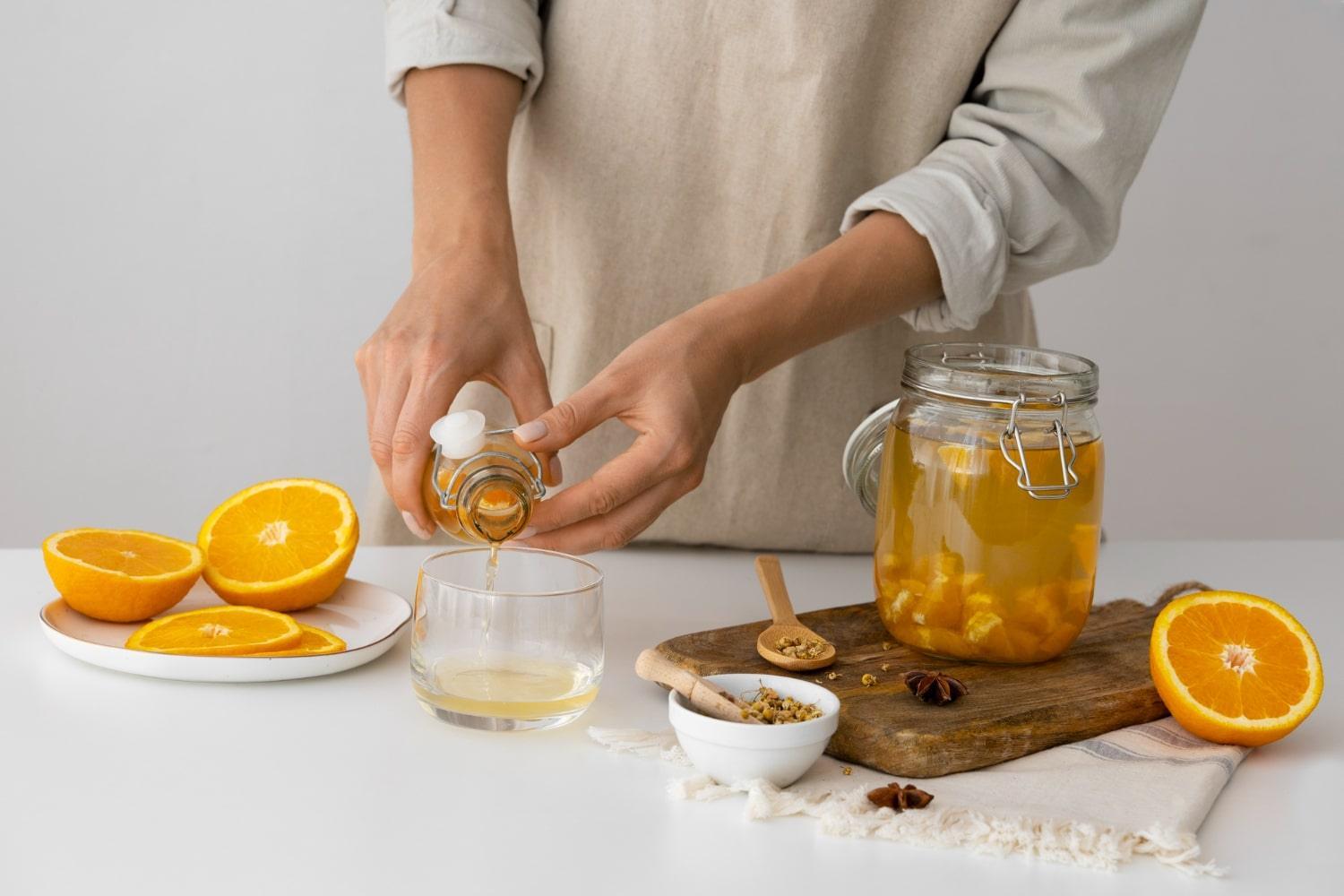Incontinence is a condition that affects many, yet it remains shrouded in silence. Often misunderstood and stigmatized, it can feel isolating. But there’s good news! You can explore herbal remedies to tackle incontinence naturally and regain control over your life.
Contents
Understanding Incontinence: Why It Matters
Incontinence is the involuntary loss of urine or feces, a reality that can disrupt daily activities and undermine your confidence. Millions of people experience it—be it due to aging, childbirth, or underlying health issues. Understanding the root causes and exploring options is crucial.
Imagine living freely without the constant worry of leakage. By incorporating herbal remedies, you can take a proactive step toward managing this condition naturally.
Why Choose Herbal Remedies?
Herbal remedies have been utilized for centuries, celebrated for their healing properties. Unlike synthetic medications, many herbs come with fewer side effects and can work synergistically with your body’s natural systems. Here’s how they can help:
- Natural Ingredients: You know exactly what you’re putting into your body.
- Holistic Approach: They often support overall well-being, not just one symptom.
- Empowerment: You take charge of your health, choosing what works best for you.
1. Saw Palmetto
Saw palmetto is a powerhouse herb, often highlighted for its benefits in urinary health. It acts by balancing hormones and reducing inflammation in the bladder.
- Benefits: Saw palmetto may help strengthen the pelvic floor muscles, which are crucial in managing incontinence.
- How to Use: Available as a supplement or tea, it’s easy to incorporate into your daily routine.
2. Corn Silk
Corn silk, the silky threads found on corn ears, isn’t just a summer treat; it’s a gentle remedy for urinary issues.
- Benefits: This herb is known for its diuretic properties, helping to soothe the urinary tract and reduce irritation.
- How to Use: Brew corn silk in hot water for a soothing tea. Drink it a couple of times a day to help ease symptoms.
3. Horsetail
Horsetail is often overlooked but can be a great ally in your fight against incontinence.
- Benefits: It is packed with silica and may strengthen your connective tissues, including those around the bladder.
- How to Use: Available as a tea or supplement, it’s an easy addition to your herbal arsenal.
4. Pumpkin Seed Extract
Pumpkin seeds are not just for snacking. They’re rich in zinc and magnesium, two minerals essential for bladder health.
- Benefits: Studies suggest that pumpkin seed extract may improve urinary function and reduce urgency.
- How to Use: You can eat the seeds directly or take them in capsule form for convenience.
5. Nettle Leaf
Nettle leaf is a versatile herb that offers a range of health benefits, including support for urinary health.
- Benefits: It helps in flushing out toxins and may reduce inflammation in the urinary tract.
- How to Use: Enjoy nettle tea or use it as an ingredient in soups and stews.
6. Ginger
Ginger isn’t just for settling your stomach; it’s also a powerful anti-inflammatory.
- Benefits: It may help calm an overactive bladder and improve digestion, which can indirectly influence urinary control.
- How to Use: Incorporate fresh ginger into your meals or brew a comforting ginger tea.
7. Mullein
Mullein is a lesser-known herb but has been used traditionally for urinary complaints.
- Benefits: It has soothing properties that may help reduce irritation in the urinary tract.
- How to Use: Mullein can be consumed as a tea or in capsule form.
How to Incorporate These Remedies
Incorporating herbal remedies to tackle incontinence naturally into your daily routine can be straightforward:
- Start Slowly: Introduce one herb at a time, monitoring your body’s response.
- Consult a Professional: Always talk to a healthcare provider, especially if you’re on other medications.
- Create a Routine: Establish a daily schedule for taking your herbs to enhance consistency.
Lifestyle Changes to Support Your Journey
Alongside herbal remedies, consider adopting lifestyle changes that can further support your bladder health:
- Pelvic Floor Exercises: Kegel exercises can strengthen the muscles that support your bladder.
- Hydration: Stay hydrated, but adjust fluid intake to avoid urgency.
- Diet: Incorporate a balanced diet rich in whole foods; avoid irritants like caffeine and alcohol.
Additional Resources
For more in-depth information, check out these trusted sources:
- Mayo Clinic on Incontinence
- National Institute of Diabetes and Digestive and Kidney Diseases
- American Urological Association Guidelines
Bottom Line
Exploring herbal remedies to tackle incontinence naturally can be empowering. By understanding your options, you can reclaim control over your body and your life.
Every journey begins with a single step. So, consider integrating these herbs into your wellness regimen. You deserve to live with confidence, free from the shadows of incontinence.
FAQ
Q: How long does it take for herbal remedies to work?
A: Results can vary, but many people notice improvements within a few weeks. Consistency is key!
Q: Are there any side effects?
A: While most herbs are safe, always consult a healthcare provider, especially if you’re pregnant or on medication.
Q: Can I use these remedies alongside conventional treatments?
A: Yes, but always discuss with your doctor to ensure they won’t interact with your medications.
Empower yourself with knowledge, and take the first step toward a life free from the burdens of incontinence. You’ve got this!
Get Your FREE Natural Health Guide!
Subscribe now and receive our exclusive ebook packed with natural health tips, practical wellness advice, and easy lifestyle changes, delivered straight to your inbox.






